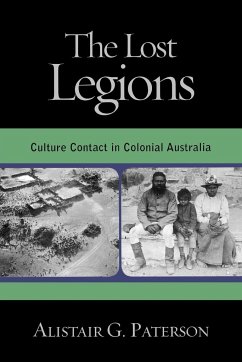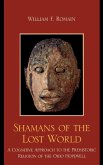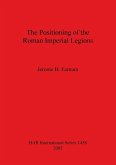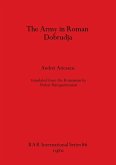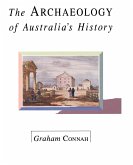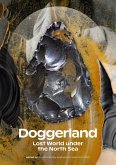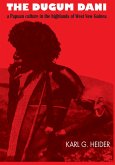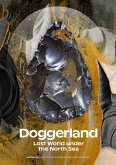In this deeply contextualized study of culture contact in central Australia, Paterson touches on, and expands, all of the topics of central concern to historical archaeologists of contact. The Lost Legions is a must-read for all historical archaeologists, even those who believe they do not work with issues of post-Columbian colonialism. -- Charles E. Orser, Jr., Illinois State University A work that is a valuable addition to the historical archaeology of the Australian frontier. Australian Historical Studies, December 2008 20081201 This new book makes a valuable contribution to the archaeological study of culture contact in general, but in Australia more particularly, where monograph-length studies which demonstrate the potential for a nuanced and in-depth analysis of the historical archaeology of Indigenous people remain rare. Paterson's book is a welcome addition, not only in drawing together the results of his research and publication in Australian contact archaeology over the course of almost a decade, but also in pointing to the potential for Australian historical archaeology to contribute to broader international debates regarding the nature and impact of settler colonialism, and the role of archaeology in giving voice to marginalised and subaltern peoples...Paterson's volume is engagingly written and should appeal not only to archaeologists but to a broader audience who are interested in the hidden histories of life on the Australian pastoral frontier. This is an important book which emonstrates the potential contribution of Australian historical archaeology to broader global debates and to issues of contemporary public concern. Archaeology In Oceania, April 2010 20100401 Paterson offers a well-considered and thoroughly engaging study of pastoralism as a context for colonialism and culture contact. With breadth of international coverage and depth of local nuance, the book examines carefully the ways in which Indigenous peoples in Australia and worldwide came to terms with the variable but pervasive impacts of European-introduced herding. Given its scope, sophistication, timeliness, and accessibility, this work will be required reading for anyone with interests in Indigenous and colonial histories. -- Stephen W. Silliman, University of Massachusetts, Boston The volume offers a thoughtful and well-documented study of culture contact on one frontier. As such, it offers a useful beginning for a comparative analysis of the processes and practices that have shaped settler pastoralism in other world areas and will prove of value to those with interests in these processes in southern Africa and elsewhere. South African Archaeological Bulletin
Bitte wählen Sie Ihr Anliegen aus.
Rechnungen
Retourenschein anfordern
Bestellstatus
Storno

